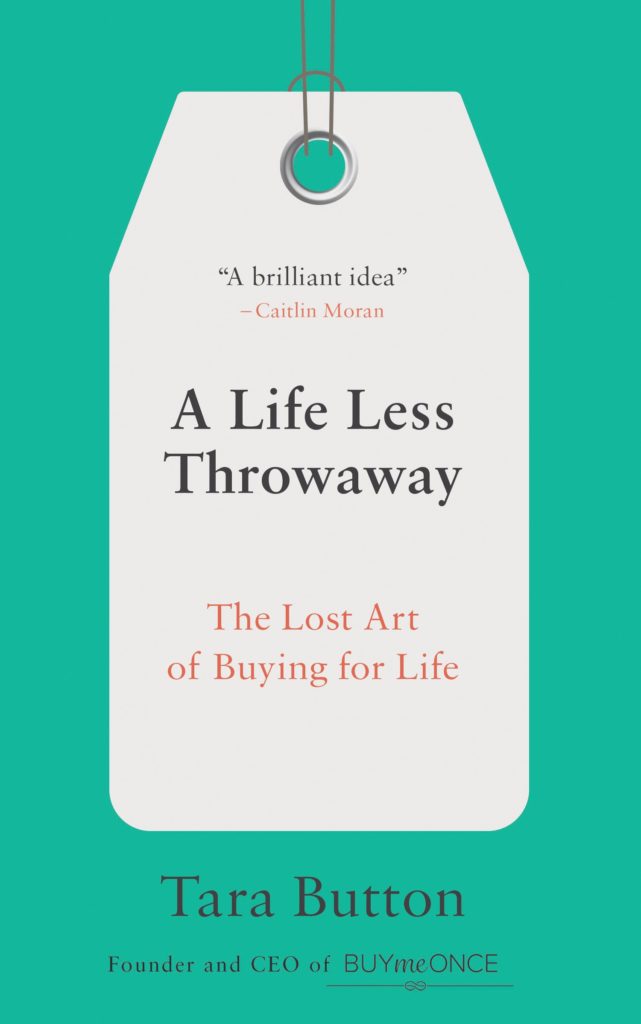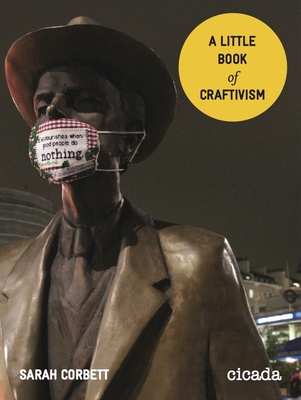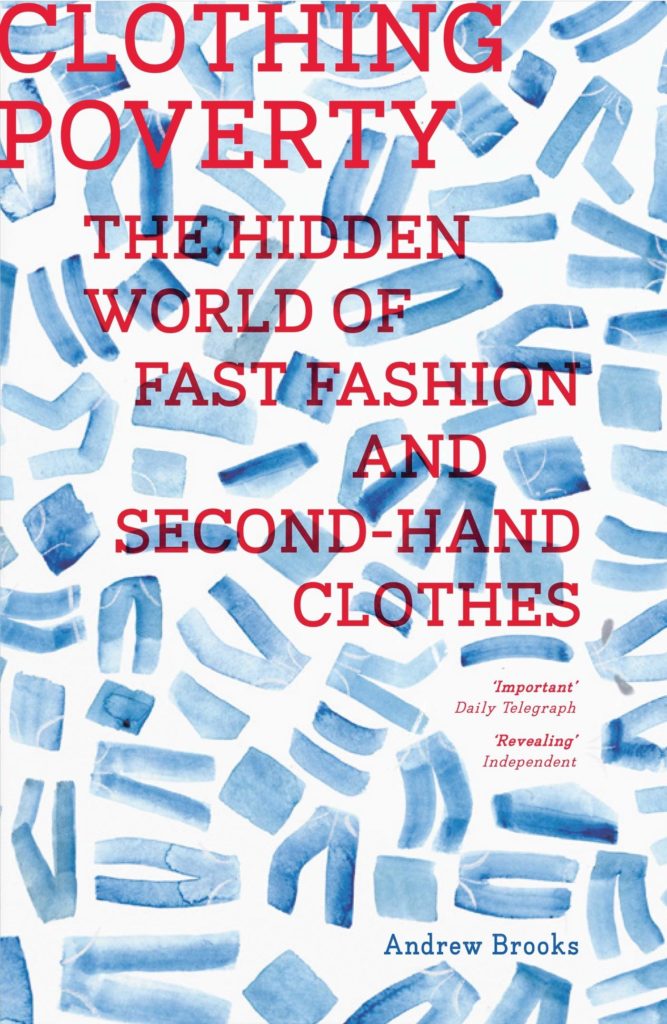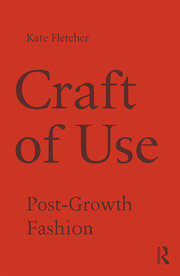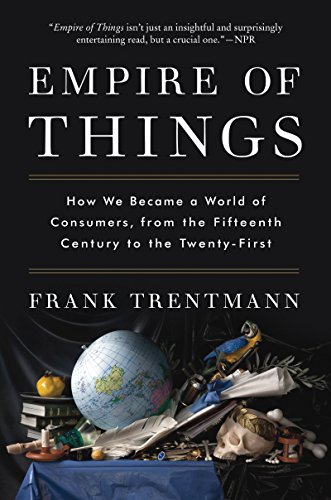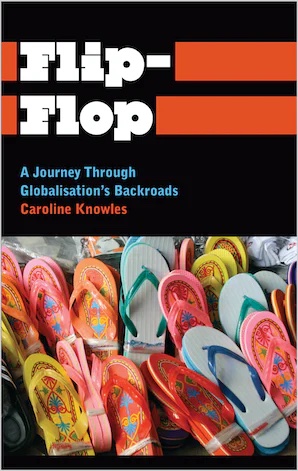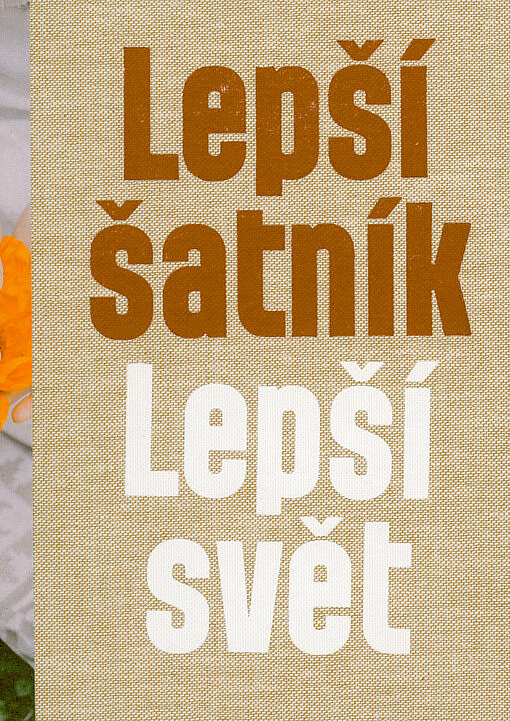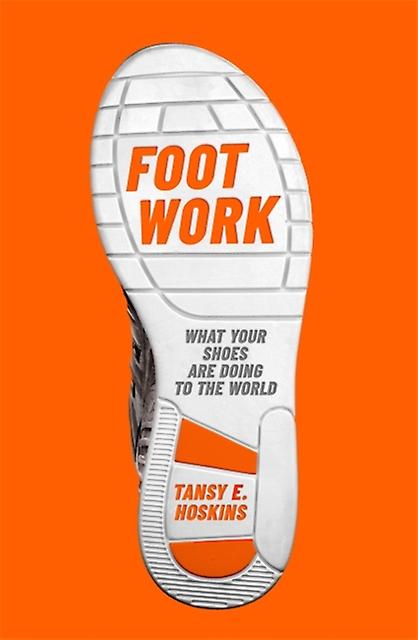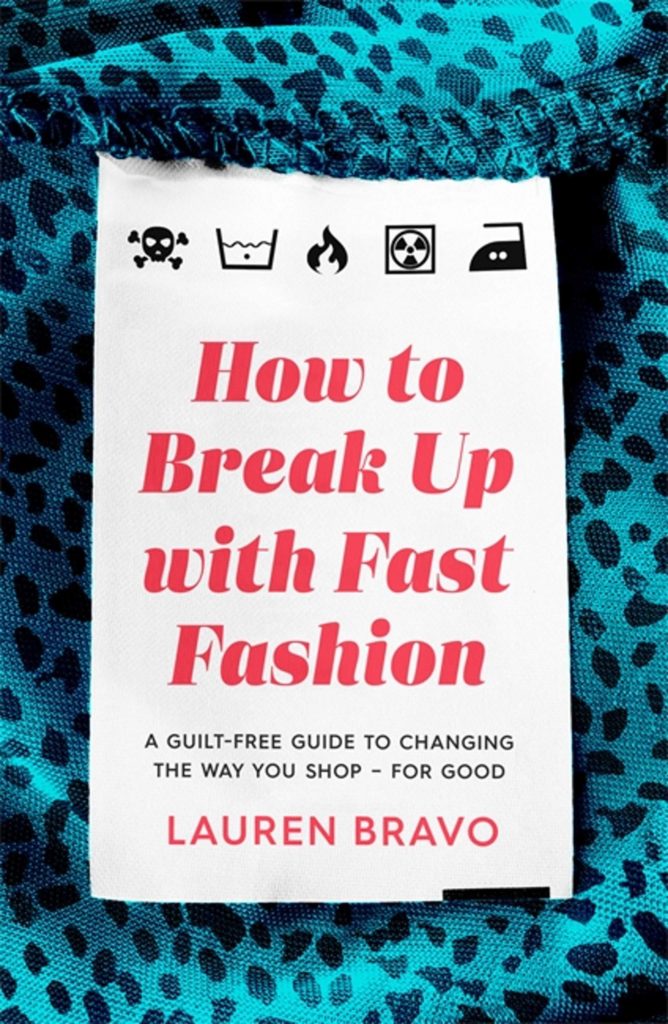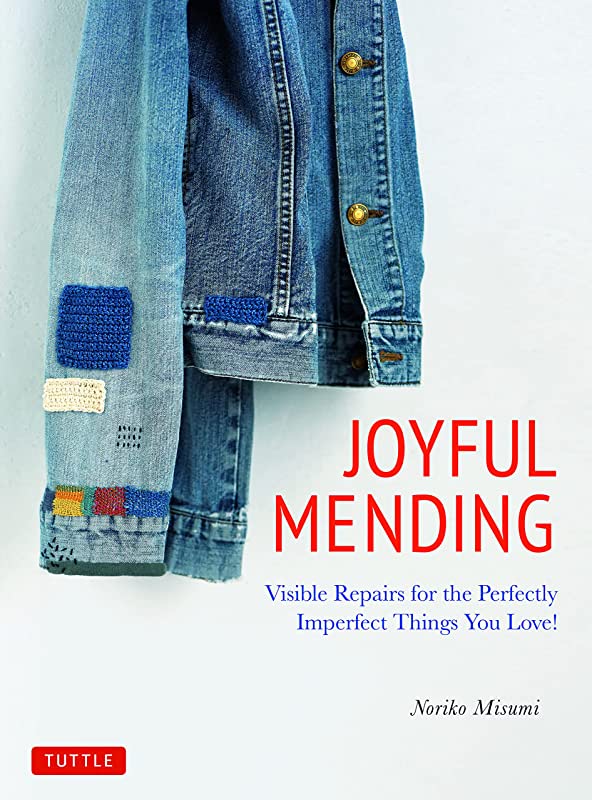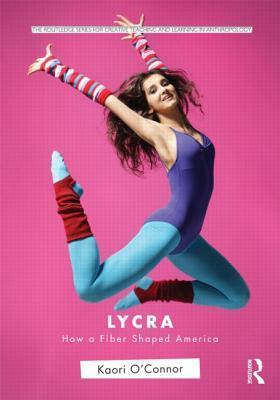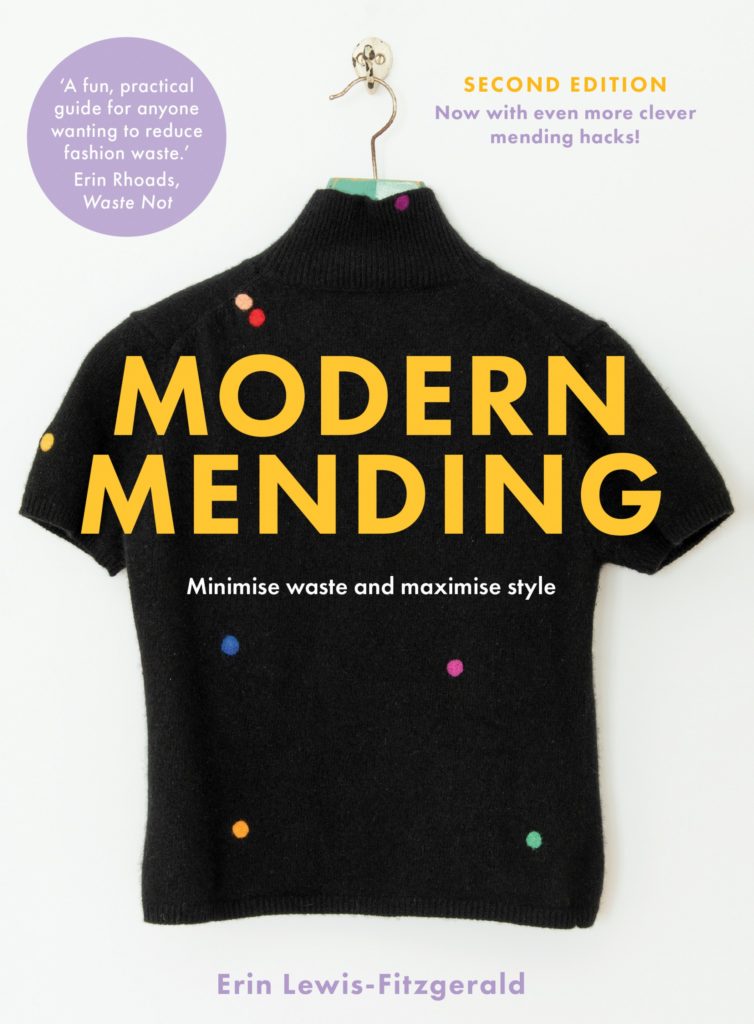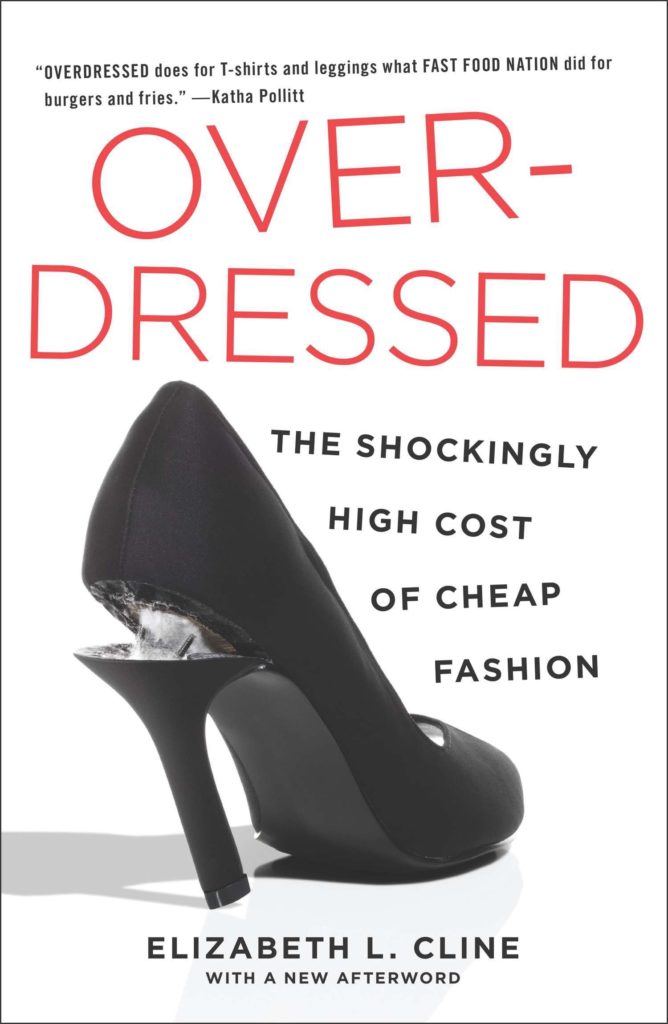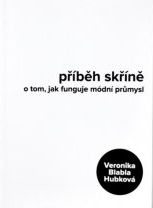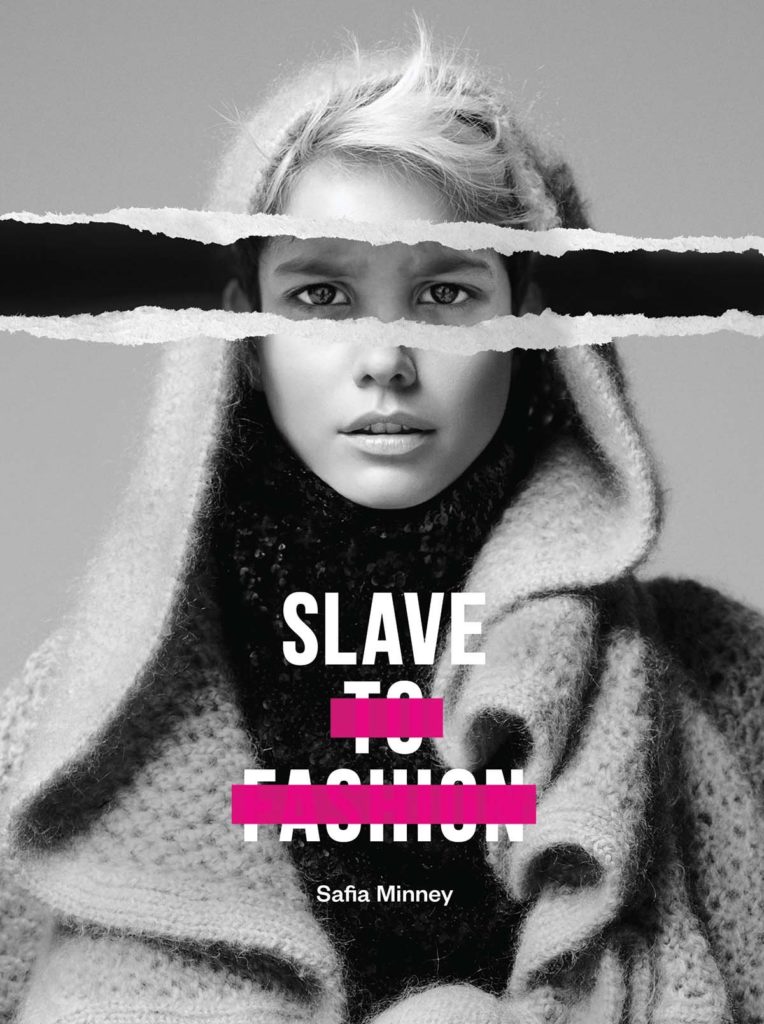Reading
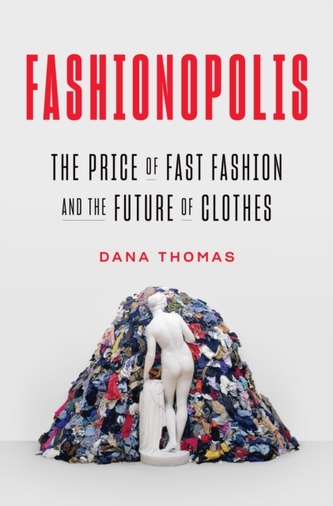
Fashion has blighted our planet. Today, one out of six people on earth work in fashion, churning out 100 billion garments a year. Yet 98 percent of them do not earn a living wage, and 2.1 billion tonnes of clothing is thrown away annually. The clothing industry’s exploitation of fellow humans and the environment has reached epic levels. What should we do? Bestselling author and veteran journalist Dana Thomas has travelled the globe to find the answers. In Fashionopolis, she details the damage wrought by fashion’s behemoths, and celebrates the visionaries – including activists, artisans, designers, and tech entrepreneurs – fighting for change. We all have been casual about our clothes. It’s time to get dressed with intention. Fashionopolis is the first comprehensive look at how to start.
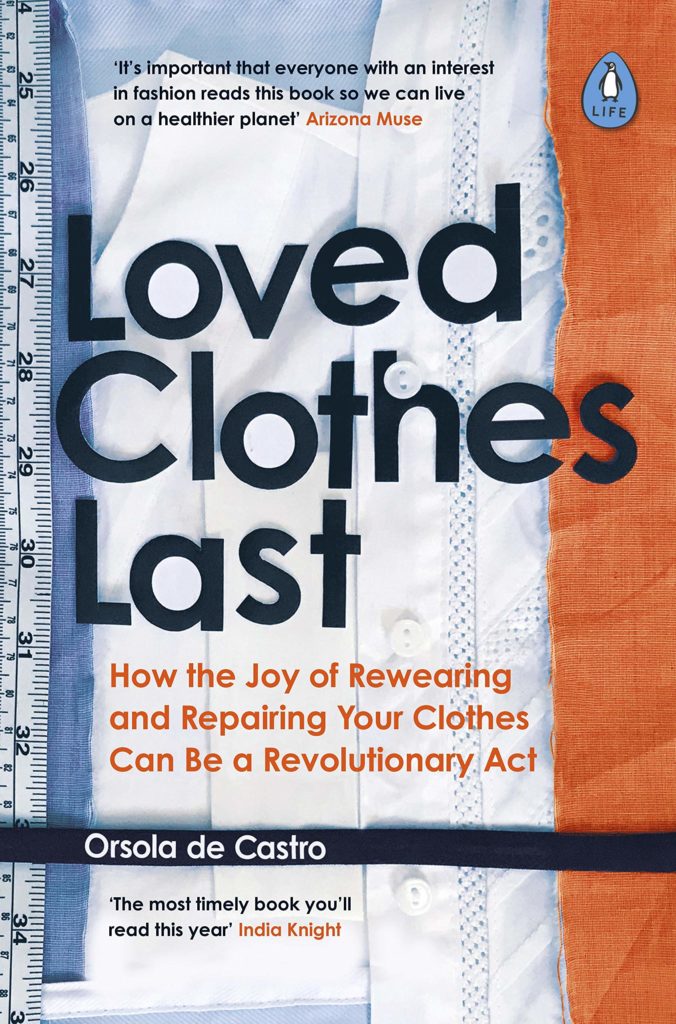
Orsola de Castro: Loved Clothes Last
Running out of space for the clothes you can’t stop buying? Curious about how you can make a difference to the environmental challenges our planet faces? Join Orsola’s care revolution and learn to make the clothes you love, last longer.
This book will equip you with a myriad of ways to mend, rewear and breathe new life into your wardrobe to achieve a more sustainable lifestyle. By teaching you to scrutinise your shopping habits and make sustainable purchases, she will inspire you to buy better, care more and reduce your carbon footprint by simply making your loved clothes last longer.
Following Orsola’s practical tips to lavish care and attention on the clothes you already own will not only have a positive environmental impact, but will be personally rewarding too: hand wash, steam and spot clean your clothes, air dry instead of tumble drying, or revive your clothes by sewing or crocheting.
Fast fashion leaves behind a trail of human and environmental exploitation. Our wardrobes don’t have to be the finish line; they can be a starting point. We can all care, repair and rewear. Do you accept the challenge?
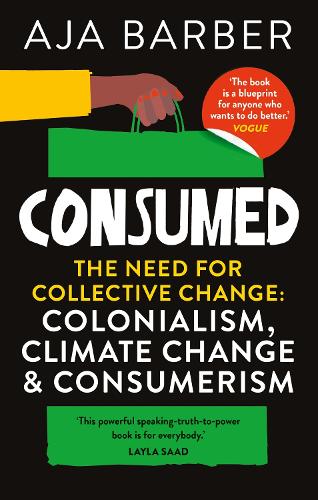
Aja Barber wants change.
In the ‘learning’ first half of the book, she will expose you to the endemic injustices in our consumer industries and the uncomfortable history of the textile industry; one which brokered slavery, racism and today’s wealth inequality. And how these oppressive systems have bled into the fashion industry and its lack of diversity and equality. She will also reveal how we spend our money and whose pockets it goes into and whose it doesn’t (clue: the people who do the actual work) and will tell her story of how she came to learn the truth.
In the second ‘unlearning’ half of the book, she will help you to understand the uncomfortable truth behind why you consume the way you do. She asks you to confront the sense of lack you have, the feeling that you are never quite enough and the reasons why you fill the aching void with consumption rather than compassion. And she makes you challenge this power disparity, and take back ownership of it. The less you buy into the consumer culture the more power you have.
Consumed will teach you how to be a citizen not a consumer.
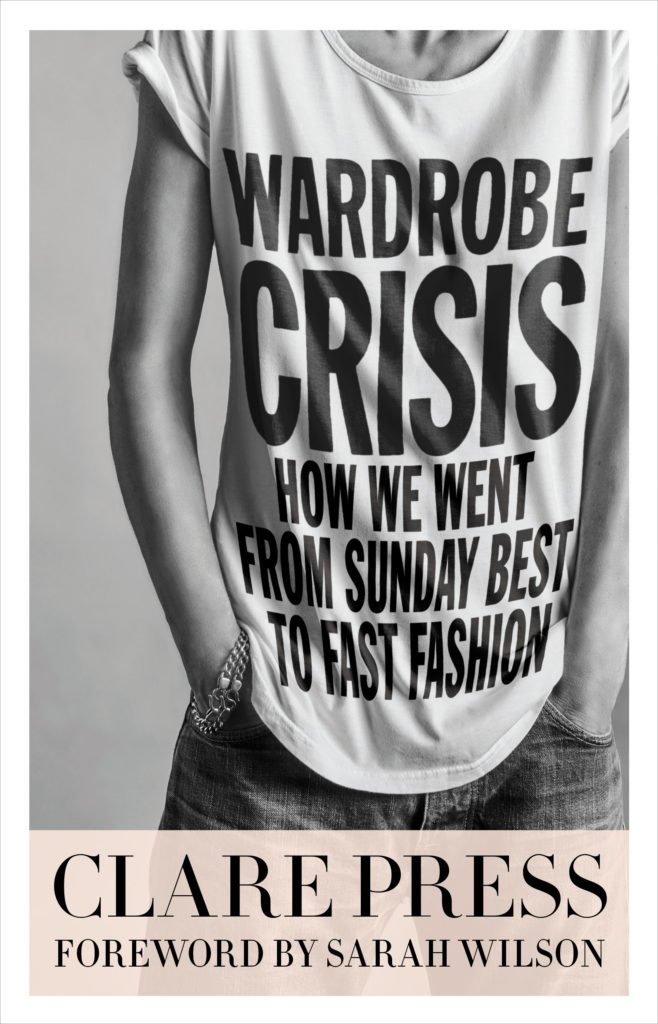
Who makes your clothes? This used to be an easy question to answer it was the seamstress next door, or the tailor on the high street—or you made them yourself. Today, we rarely know the origins of the clothes hanging in our closets. The local shoemaker, dressmaker, and milliner are long gone, replaced a globalized fashion industry worth $1.5 trillion a year.
In Wardrobe Crisis, fashion journalist Clare Press explores the history and ethics behind what we wear. Putting her insider status to good use, Press examines the entire fashion ecosystem, from sweatshops to haute couture, unearthing the roots of today’s buy-and-discard culture. She traces the origins of icons like Chanel, Dior, and Hermès; charts the rise and fall of the department store; and follows the thread that led us from Marie Antoinette to Carrie Bradshaw.
Wardrobe Crisis is a witty and persuasive argument for a fashion revolution that will empower you to feel good about your wardrobe again.
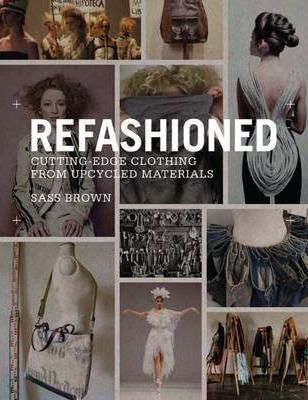
The area of recycling and upcycling is a rich and growing source of innovative design in the fashion and accessories industries. In a fast-fashion world of throw-away clothing, it is the ultimate expression of the slow-fashion movement, with each piece individually conceived and crafted from scratch, using different materials each time. ReFashioned features 46 international designers who work with recycled materials and discarded garments, reinvigorating them with new life and value. The result is beautiful and desirable clothing and accessories that also make an important statement to the fashion world about its wasteful and exploitative practices.
